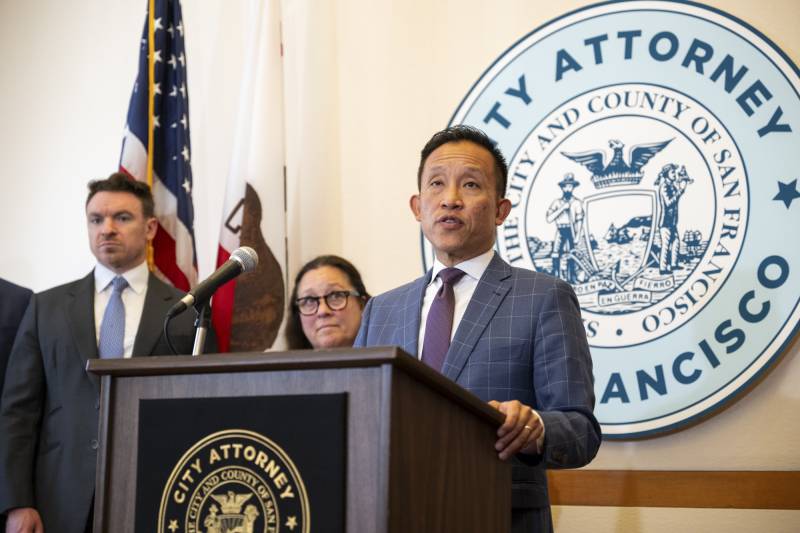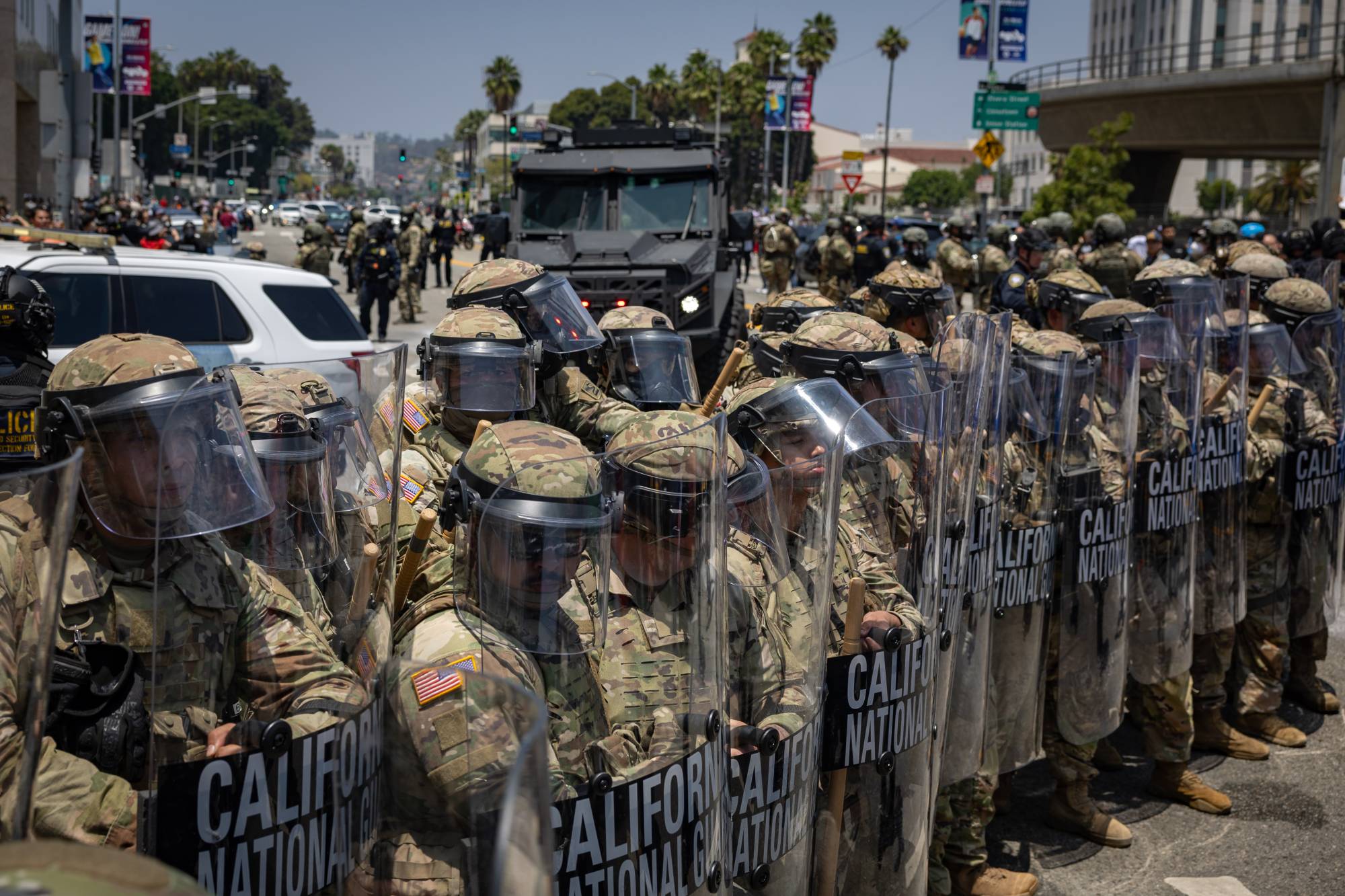San Francisco on Monday joined a lawsuit over the Trump administration’s move to freeze local counterterrorism funding, marking the latest in the city’s series of legal challenges against the federal government.
The Department of Homeland Security informed city officials in May that it was pausing funding for its Securing the Cities program, which pays for counterterrorism detection equipment, specialized training and technical support in 13 major U.S. cities to safeguard people across the country. The agency cited “federal funding constraints.”
City Attorney David Chiu signed onto a lawsuit led by Chicago officials challenging the freeze, saying it puts at risk cities like San Francisco and the Bay Area, which is set to host major events, including next year’s Super Bowl and FIFA World Cup games. The lawsuit alleges that the funding pause violates the Administrative Procedure Act and undermines Congress’ power to appropriate spending.



